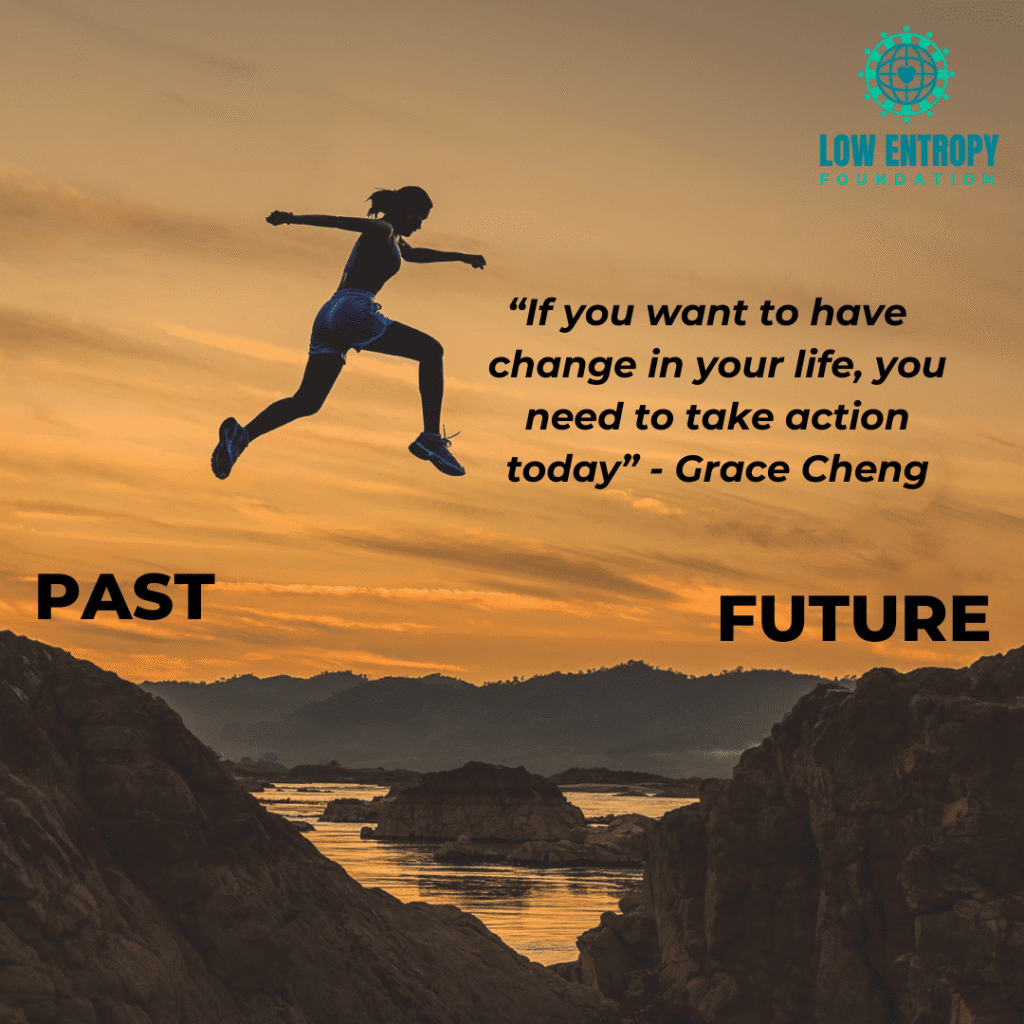Long to Stay
Max Rodriguez (she/her/hers), Low Entropy Volunteer Writer This has been the trickiest, most weird year I have ever had. So many things I used to believe in for my whole life were suddenly not what I expected. I could honestly write a thousand blogs about everything I had to go through when I moved […]
Festival Days
Prateek Sur (he/him/his), Low Entropy Volunteer Writer In a fast-paced and growing Indian society, we are becoming more and more westernised. I am not saying that it’s a bad thing, but the influence has creeped in so much that there are certain things which we now prefer to do like the westerners do, and […]
Dating in the 21st Century
Terence MacLaine (he/him/his), Low Entropy Volunteer Writer Back in the day, we didn’t have apps like Tinder, Bumble, etc . . . If you wanted to meet someone, you had to make the effort of actually going outside & socializing with others where/when you would learn the art of human interaction & social […]
Video Gaming and Mental Health: It’s Super Effective
Blaine Hancock (he/him/his), Low Entropy Volunteer Writer Let’s face it – life can be pretty hard sometimes. It can be incredibly draining on your mental health to have to juggle a job, family, friends, school, errands, etc. The question is, what can we do to help lower our stress and keep our mental health […]
Alone with Everybody
Low Entropy Volunteer Writer Connie Wong describes how solitude can be just as valuable as friendship. I have enjoyed hanging out with my friends since elementary school. With friends, you are less worried about walking alone awkwardly and they can be there when you feel bored and need company. By middle school, we had […]
Dear Victoria
In a love letter to his favourite place, Low Entropy Writer Mike Vaness shares with us how Vancouver Island captured his heart. When you think of your favourite place, is it hard to narrow it down to a single choice? Everyone has their favourite place to relax, their favourite restaurant or their favourite holiday […]
Healing Nature
Even if you aren’t the outdoorsy type, being in nature – just for a little while – might still be beneficial to your mental health. Low Entropy Volunteer Writer Teagan Sliz writes on the growing awareness of the natural world’s curative properties. Your neck muscles unscrunch, the tightness in your chest begins to subside, […]
Pause.
With a remarkably simple method, Low Entropy Volunteer Writer Christie Gan nurtures optimism for each oncoming day. Time is money. Each and every second counts. I’ve been there, whether I’m rushing an assignment the night before it’s due, fulfilling customer orders at a cafe, trying to motivate a child I tutor to finish […]
In Interesting Times
How long will you slide? When something awful happens and it seems like you can’t stop feeling like you did that day, Low Entropy Volunteer Writer Mike Vaness has some words of advice to get you to the other side. Have you heard that it’s an ancient curse to say, “May you live in […]
Take Action

Are you miserable? You should change that. How about today? Low Entropy Volunteer Writer Grace Cheng shows you how. Do you sometimes feel trapped in life and feel everyone is moving ahead except for you? A lot of us feel unhappy or frustrated and think we have no control over our lives. But […]
